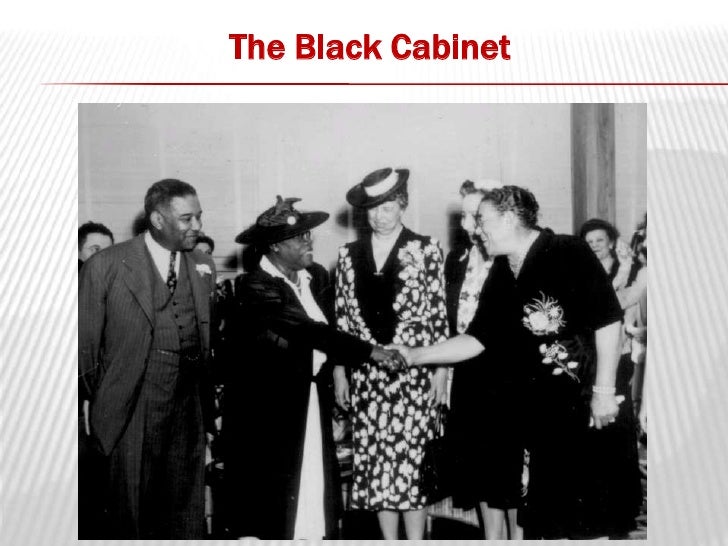The Impact of the Great Depression on African Americans: Black Cabinet Great Depression

The Great Depression, a period of severe economic downturn that gripped the United States from 1929 to the late 1930s, had a devastating impact on all Americans, but its effects were particularly harsh on African Americans. Already facing systemic racism and discrimination, Black communities were disproportionately affected by the Depression’s economic and social hardships.
Economic Conditions
The economic conditions faced by African Americans during the Great Depression were dire. Due to long-standing racial discrimination, Black Americans were often relegated to low-paying, unstable jobs in agriculture, domestic service, and unskilled labor. When the Depression hit, these industries were among the hardest hit, leading to widespread unemployment and poverty among Black communities.
- Unemployment: African American unemployment rates during the Depression far exceeded those of white Americans. While national unemployment rates soared to 25%, Black unemployment reached as high as 50% in some areas.
- Wage Disparity: Even when employed, Black workers earned significantly less than their white counterparts for the same jobs. This wage gap, coupled with high unemployment, exacerbated the economic hardship faced by Black families.
- Loss of Land: Many Black farmers, who had already faced significant challenges due to discriminatory lending practices, lost their land during the Depression. This displacement further compounded the economic woes of Black communities.
Social Conditions, Black cabinet great depression
The Great Depression also had a profound impact on the social conditions of African Americans. The economic hardships brought about by the Depression exacerbated existing racial inequalities and led to a decline in living standards for Black communities.
- Housing: African Americans were often forced to live in overcrowded, dilapidated housing in segregated neighborhoods with limited access to basic amenities. The Depression made these conditions even worse, as many Black families were evicted from their homes due to non-payment of rent.
- Health: The Depression led to a decline in public health services, disproportionately impacting Black communities, which had limited access to healthcare even before the Depression. This resulted in higher rates of illness and mortality among African Americans.
- Education: School funding was severely cut during the Depression, and Black schools were often the first to be closed or have their budgets reduced. This further limited educational opportunities for Black children, perpetuating a cycle of poverty and inequality.
The Black Cabinet’s Legacy
The Black Cabinet, a group of influential African American advisors who served during President Franklin D. Roosevelt’s administration, left an enduring mark on American history. Their contributions extended beyond the immediate challenges of the Great Depression, shaping the trajectory of African American political activism and civil rights movements for generations to come.
Impact on African American Political Activism
The Black Cabinet’s influence on the development of African American political activism was profound. It served as a catalyst for increased African American political participation and engagement. The Black Cabinet’s members, many of whom were prominent figures in the NAACP and other civil rights organizations, used their positions to advocate for policies that benefited African Americans, such as the creation of the Federal Housing Administration and the establishment of the National Youth Administration. Their advocacy helped to raise awareness of the plight of African Americans during the Depression and inspired a new generation of African American leaders to fight for social justice.
Black cabinet great depression – The Black Cabinet, a group of African American advisors during the Great Depression, faced immense challenges in securing housing for their communities. With limited resources and rampant discrimination, finding affordable and safe housing was a constant struggle. Today, similar challenges persist, with families seeking 2 bedroom apt under 1000 often facing a lack of options and affordability issues.
The Black Cabinet’s legacy reminds us of the ongoing fight for housing justice and the need to address systemic inequalities that continue to impact communities of color.
The Black Cabinet, a group of African American advisors who served during the Great Depression, faced a formidable task in navigating the economic crisis. While they couldn’t control the national policy, they worked tirelessly to ensure that the plight of Black communities was acknowledged.
Their efforts, much like the timeless style and durability of black iron cabinet pulls , remained a constant reminder of the resilience and perseverance needed to overcome adversity.

